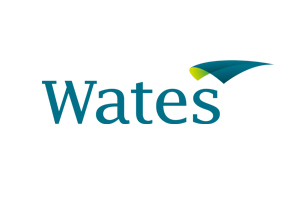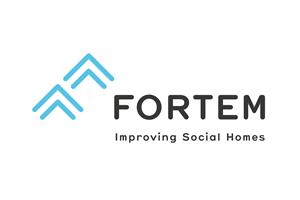Kieran McGaughey gives overview of the Procurement Act
Almost 200 people attended the first session in our new Procurement Act training programme, delivered by Procurement Law Trainer and Consultant Solicitor Kieran McGaughey.
In this session, Kieran gave attendees an overview of the new Procurement Act, which is now set to come into force on 24th February 2025. The new Procurement Act will see the consolidation of various existing regulations, marking the biggest change to public procurement law in the UK this century.
Kieran explained at what point we will need to change over to the new rules, explaining that contracts procured under existing rules will continue to be governed by current rules, and discussed some of the key legal changes from the current regime, including greater transparency obligations, new language and obligations, and the new competitive flexible procedure.
He then ran through some of the biggest changes we’ll see in the pre-procurement stage, including mandatory conflicts assessments for conflicts of interest and new pipeline notices, the planned procurement notice that will replace the existing PIN notice, and more. Kieran also discussed the new debarment list, which will be public, published by the Government and monitored, and the new time limits for tendering under the Act, which will generally see a reduction from current minimum timescales.
The group also explored the new competitive routes to market: open procedure and competitive flexible procedure. Kieran gave examples of the tools and processes that can be used in a competitive flexible procedure. He explained that this new multi-stage procedure will generally work best for ‘big-ticket, high value’ procurements, rather than day-to-day procurements.
The group then discussed what things authorities might need to change, including template procurement documents, procurement plans and policies, KPIs, roles and responsibilities and more, and explored updating invitations to tender under the new Procurement Act, and explored lessons learned from current case law.
Read next: Mandatory qualifications for housing staff focus of first Competence and Conduct meeting






























